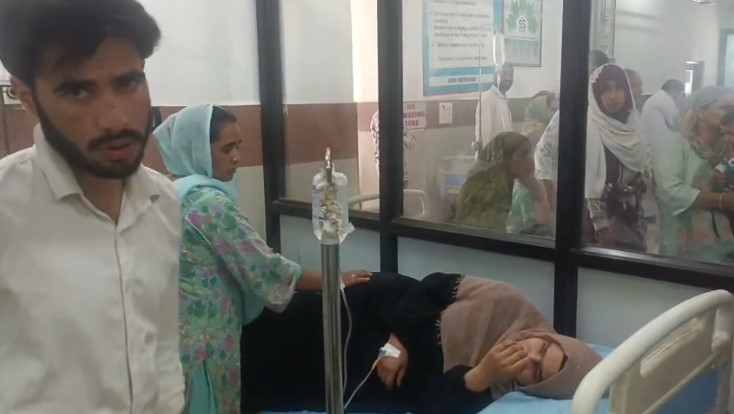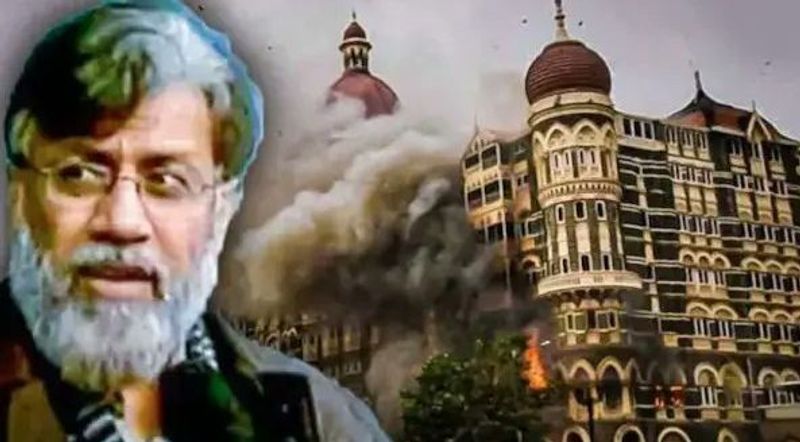The air quality in Srinagar has been consistently deteriorating for the past three years, reveals the data compiled by the Jammu and Kashmir Pollution Control Board (PCB).
Pollution Control Board (PCB) data has revealed that the air quality has been deteriorating more in winters and Lasjan area has the most polluted air.
The Respirable Suspended Particulate Matter (RSPM or PM 10) levels at all four stations in Srinagar have shown a steep rise in the last three years.
At the Raj Bagh station, the yearly average of PM-10 level for year 2021-22 was 139.26 µg/m³ against the permissible limit of 60 µg/m³ while at the same station it was 73.88 µg/m³) in year 2019-20 and 89.61 µg/m³ in year 2020-21 respectively.
At the Khonmoh station, the yearly average of PM-10 level for year 2021-22 was 162.86 µg/m³ against the permissible limit of 60 µg/m³ while at the same station it was 120.03 µg/m³) in year 2019-20 and 163.97 µg/m³ in year 2020-21 respectively.
At the Khrew station, the yearly average of PM-10 level for year 2021-22 was 132.65 µg/m³ against the permissible limit of 60 µg/m³ while at the same station it was 119.48 µg/m³) in year 2019-20 and 127.98 µg/m³ in year 2020-21 respectively.
At the Lasjan station, the yearly average of PM-10 level for year 2021-22 was 227.80 µg/m³ against the permissible limit of 60 µg/m³ while at the same station it was 197.74 µg/m³) in year 2019-20 and 235.29 µg/m³ in year 2020-21.
As per the data, the highest RSPM levels have been reported in winter months as the RSPM level in year 2021at Rajbagh and Khonmoh were 237.41 µg/m³ and 255.43 µg/m³ respectively in month of December while at Khrew and Lasjan the levels were highest in month of November with 176.6 µg/m³ at Khrew and 330.08 µg/m³ at Lasjan.
However, as per data the Nitrogen dioxide (NO2) and sulfur dioxide (SO2) levels in Srinagar have been found below the permissible mark as average NO2 levels at Rajbagh, Khonmoh, Khrew and Lasjan were 20.27 , 20.09, 22.10, 20.84 respectively in year 2021 as compared to the yearly permissible level of 40 µg/m³ for NO2 while SO2 levels were below 11 at all stations.
Notably, Director SKIMS Dr Parvaiz Koul had recently told that yearly around 10 thousand deaths are attributed to particulate matter 2.5 (PM 2.5) exposure and there is need to control it by countering it.
He said that air pollution is the main issue of J&K due to the increasing number of vehicles, construction, brick kilns, cement factories which emit pollutants and significantly pollute our air and affect “our health which makes air pollution a health issue.”
He said the measures, which can contribute to decreasing air pollution include using fewer vehicles, decreasing the use of unleaded petrol, decreasing use of biomass fuels, less use of Kangri, and using vented heaters.
He said air pollution is affecting every single organ of the body and ”we have work to reduce the pollution.









